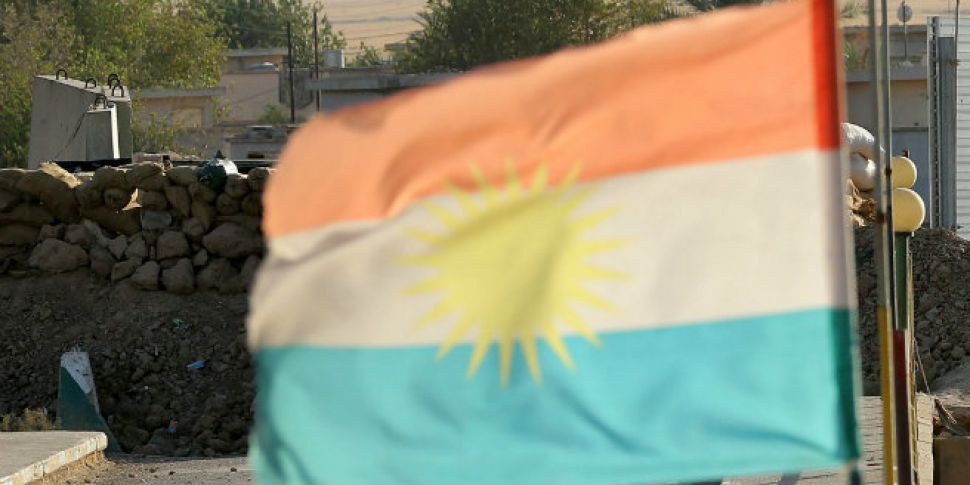The long awaited Chilcot report on the UK’s involvement in the Iraq war was released yesterday.
The report of the Iraq Inquiry found that British military action in Iraq was not a last resort.
The inquiry also found the consequences of the 2003 invasion were underestimated "despite explicit warnings".
However, some people on the Kurdish side who suffered under Saddam Hussein are just glad to see that he is no longer in power.
Newstalk reporter Shona Murray recently returned from Iraq, and spoke to some Kurds in the country.
Galouish - who is now 54 - joined the Peshmerga in 1983.
Galouish, a fmr female #Peshmerga fighter tortured by Saddam, tells me she's glad of US/UK invasion #Chilcot #pknt pic.twitter.com/yR5Hs2EtlH
— Shona Murray (@ShonaMurrayNT) July 6, 2016
Her father was a communist, she was with the Patriotic Union of Kurdistan (PUK). She still works with the Peshmerga, training fighters against Islamic State.
In 1985, she was told that she was on a list by the Baathist party was looking for her and she fled.
It was a very dangerous situation to be in, as Saddam would regularly target these people.
"At the time there was no region - we were just part of Iraq," she explained. "[If] any family had any sons, kids or brothers in the Peshmerga forces, this family would be destroyed by the party".
Just before the Anfal attacks on the Kurds in 1988, she was told she was on a wanted list. She left Kurdistan for Kirkuk.
"I was sitting in the medical college," she recalled. "Somebody came to me and said 'the secret police were looking for you'. So I left through the back door".
When she was crossing in to a cell - or safe house - she was arrested. She was taken to Rania, then Sulimania – where the so-called Red building was.
This was one of Saddam’s intelligence buildings where a lot of torture took place and where she was gang-raped.
"They tortured me a lot - they broke me a lot," she said. "After one week of prison in Rania, they transferred me to Sulimania, where harder and much more brutal torture started."
The prisoners were taken to Baghdad, to the revolutionary court.
Most of them were sentenced to execution. All of the men were sent to Abu Ghraib prison, which was a Saddam prison well before the Americans took it.
Luckily, Galouish did not spend the 15 years in prison she was originally sentenced to - there was an amnesty given by Saddam a few years later, in the early 90s.
Her brother was not executed, but suffered severe torture.
Galouish is most grateful for the American invasion, and believes that the US will help the Kurds get their independent state eventually.
She says that the independence that the Kurds have these days, and better influence in Baghdad is down to the American invasion.
However, she added that it’s not yet time to declare independence for Kurdistan - referencing the rise of Islamic State as one of the major issues facing Iraq today.
Speaking about the controversial US and British invasion, she said: "Why do you call it an occupation? It's not occupation - it was a help, an assistance to an occupied people oppressed by a dictatorship.
"If it wasn't for America, we wouldn't be close to Baghdad. [I don't] think without the help of Americans we could have done anything."









